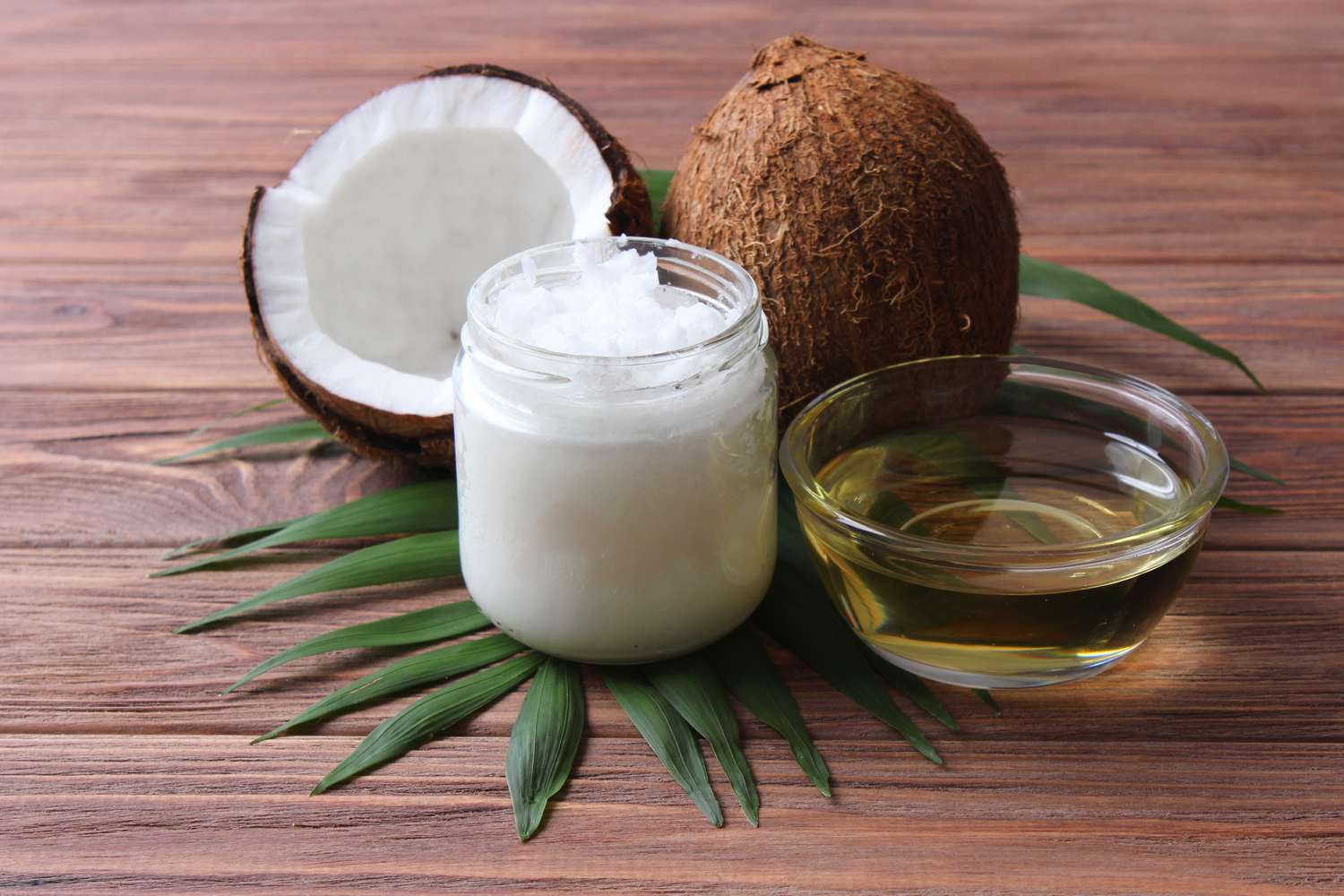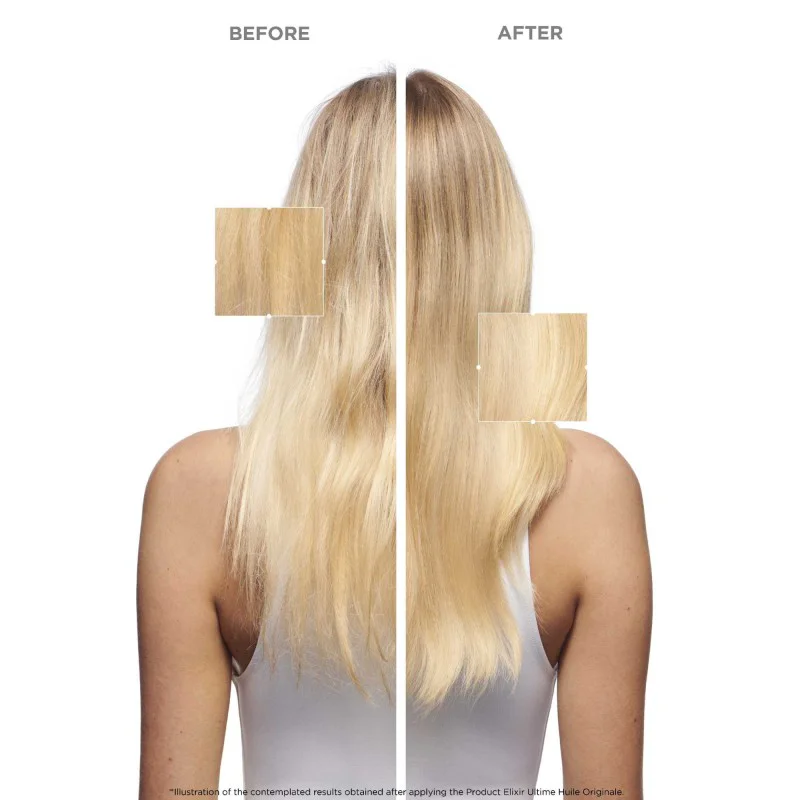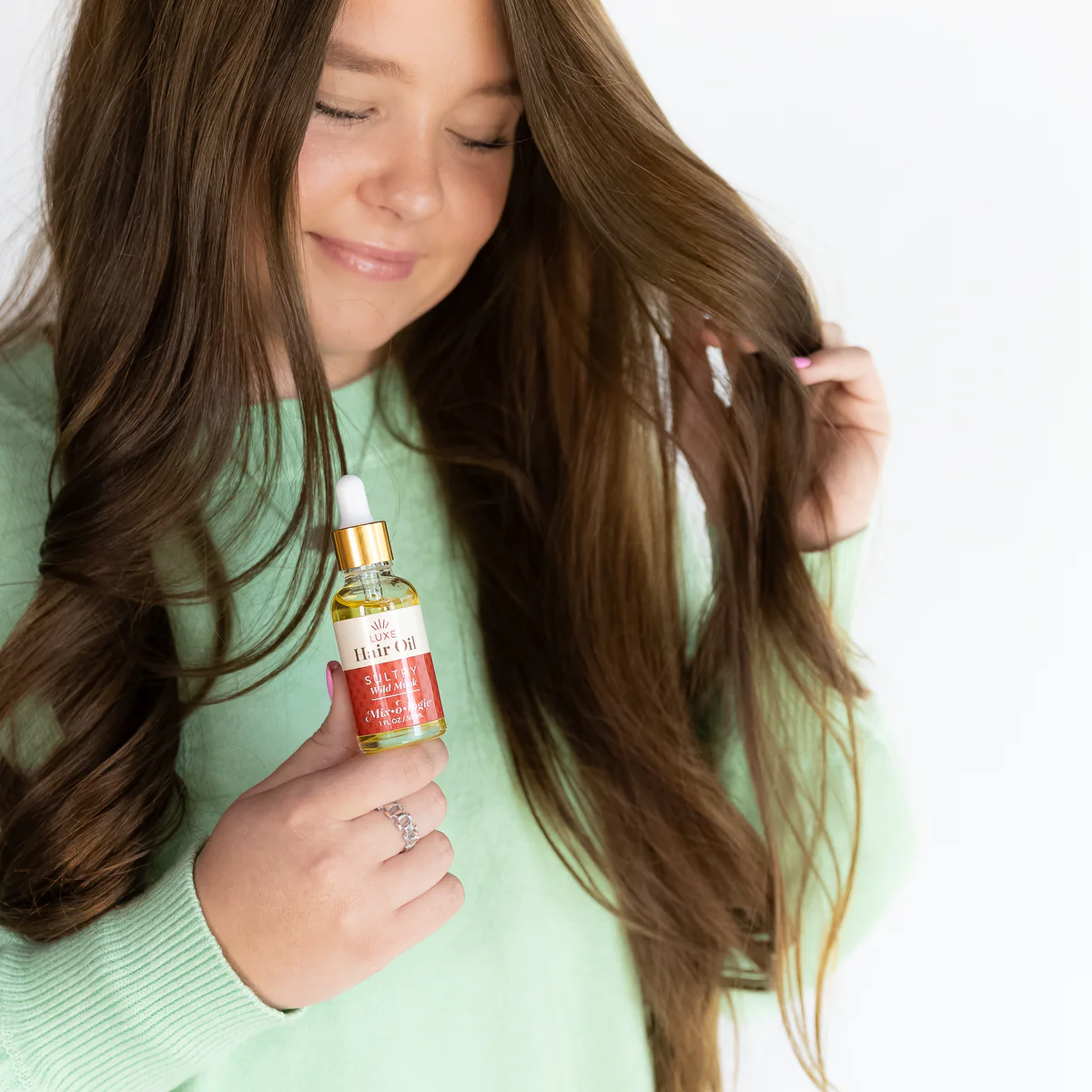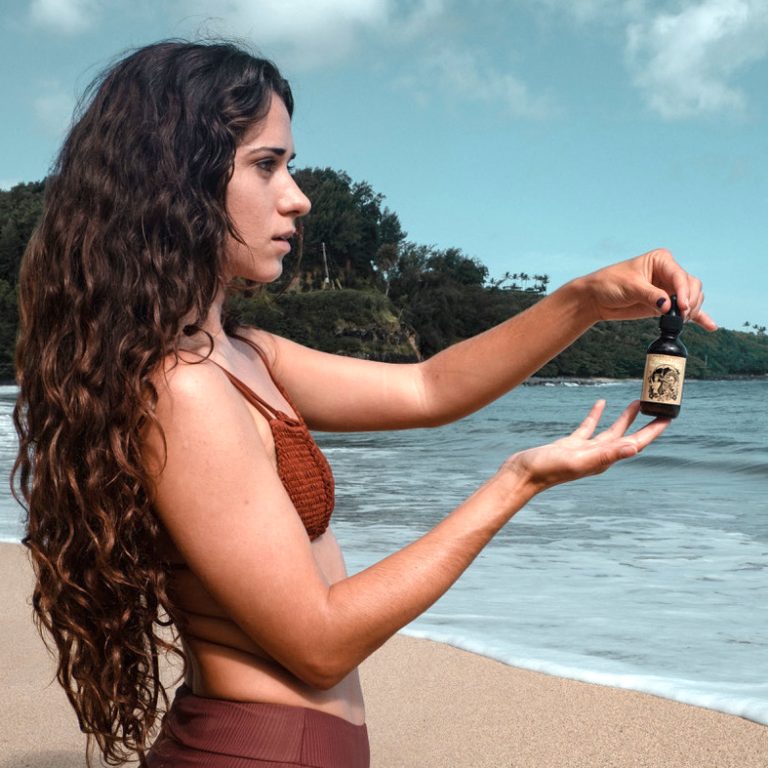
Coconut Oil for Hair: Nature’s Miracle Solution for Luscious Lock
The Science Behind Coconut Oil’s Hair-Healing Powers
Coconut oil unique composition makes it a powerhouse for hair care. Lauric acid, a medium-chain fatty acid, constitutes nearly 50% of coconut oil. This special compound penetrates the hair shaft more effectively than other oils. Coconut oil also contains capric acid, caprylic acid, and vitamins E and K. These components contribute to its beneficial effects on hair. The oil’s structure allows it to reduce protein loss in hair.
This property is crucial for maintaining hair strength and health. Coconut oil’s small molecular structure enables it to penetrate the hair cuticle and cortex. This penetration provides deep nourishment to the hair strand. The oil’s composition also includes antimicrobial and antifungal properties. These characteristics make it effective against dandruff and scalp infections. Coconut oil’s natural moisturizing abilities help combat dryness and frizz. Its protective qualities shield hair from environmental damage and heat styling. Scientific studies support these benefits, validating coconut oil’s effectiveness in hair care.
Top 10 Benefits of Using Coconut Oil for Hair
- Deep moisturization
- Protein loss reduction
- Scalp health improvement
- Dandruff prevention
- Hair growth stimulation
- Frizz control
- Heat damage protection
- Split end reduction
- Hair softening and smoothing
- Natural shine enhancement
Coconut oil offers a multitude of benefits for hair health. Its deep moisturizing properties combat dryness and brittleness. The oil forms a protective layer on the hair shaft, locking in moisture. This layer also shields hair from heat damage caused by styling tools. Coconut oil’s ability to reduce protein loss strengthens hair strands. Stronger hair is less prone to breakage and split ends. The oil’s antimicrobial properties promote a healthy scalp environment.
It helps combat dandruff and other scalp conditions. Coconut oil’s stimulates hair follicles, potentially enhancing hair growth. Regular use can lead to thicker, fuller-looking hair. The oil’s smoothing effect adds shine and reduces frizz. These properties result in more manageable, lustrous hair. Coconut oil’s versatility makes it suitable for various hair types and concerns. Its natural composition aligns with the growing demand for clean beauty products.
How to Incorporate Coconut Oil into Your Hair Care Routine
Integrating coconut oil into a hair care routine offers multiple benefits. As a pre-shampoo treatment, apply the oil to dry hair 30 minutes before washing. This application protects hair during the cleansing process. A hot oil massage with coconut oil stimulates the scalp and promotes circulation. Warm the oil slightly and massage it into the scalp for 10-15 minutes.
For deep conditioning, apply warm coconut oil from roots to tips. Cover with a shower cap and leave for 1-2 hours before washing. Use a small amount as a leave-in conditioner to tame frizz and add shine. For intensive treatment, apply coconut oils as an overnight mask once a week. Cover hair with a shower cap to prevent staining pillowcases. Regular scalp treatments with coconut oil can help combat dandruff and promote hair growth. Before heat styling, a light coating of coconut oil protects against damage. Experiment with these methods to find the most effective for individual hair needs.

Coconut Oil for Different Hair Types: Tailoring Your Approach
Coconut oil’s effectiveness varies depending on hair type and texture. Fine hair requires a light touch to avoid a greasy appearance. Apply small amounts to the ends of fine hair for best results. Thick hair can handle more coconut oil without becoming weighed down. It benefits from the oil’s deep moisturizing properties. Curly hair often lacks moisture, making coconut oil an excellent choice. It helps define curls and combat frizz in curly hair types. Straight hair gains shine and smoothness from coconut oil application. However, use judiciously to maintain volume.
For oily hair, focus coconut oil application on the ends. Avoid applying to the scalp to prevent excess oiliness. Dry hair types can use coconut oil more frequently. Regular application helps combat dryness and brittleness. Damaged hair greatly benefits from coconut oil’s strengthening and repairing properties. Adjust the amount and frequency of coconut oil use based on individual hair responses. Observe how your hair reacts and modify your routine accordingly.
Common Mistakes to Avoid When Using Coconut Oil for Hair
- Using too much oil
- Applying to unwashed hair
- Not washing it out properly
- Overuse leading to build-up
- Expecting immediate results
- Ignoring patch tests
- Using low-quality oil
While coconut oils offer numerous benefits, improper use can lead to issues. Applying too much oil can leave hair greasy and weighed down. Using coconut oil on unwashed hair can trap dirt and lead to scalp problems. Insufficient washing may result in residue buildup, attracting dirt and causing scalp issues. Overuse can lead to product buildup, necessitating clarifying treatments.
Results take time; expecting immediate transformations leads to disappointment. Always perform a patch test before full application to check for allergic reactions. Using low-quality or refined coconut oil may not provide the full range of benefits. Choose virgin, unrefined coconut oil for best results. Be patient and consistent with coconut oil treatments. Proper application and use will yield the best results for hair health.

Combining Coconut Oil with Other Natural Ingredients for Enhanced Hair Care
Mixing coconut oils with other natural ingredients can amplify its hair care benefits. Honey acts as a humectant, drawing moisture to the hair when combined with coconut oils. Aloe vera soothes the scalp and reduces inflammation, complementing coconut oil’s moisturizing properties. Apple cider vinegar helps remove buildup and restore pH balance when used in a coconut oils hair rinse. Avocado provides additional proteins and vitamins for hair strength when mashed and mixed with coconut oils.
Egg’s high protein content reinforces hair structure when combined with coconut oil in a hair mask. Essential oils like lavender or rosemary add pleasant fragrance and additional hair benefits to coconut oil treatments. Mashed banana mixed with coconut oil creates a deeply conditioning hair mask. These combinations create customized treatments for specific hair concerns. Experiment with different mixtures to find the perfect blend for individual hair needs.

The Future of Coconut Oil in Hair Care: Trends and Innovations
- Coconut oils-infused hair products
- Specialized formulations for different hair types
- Combination with cutting-edge hair care technologies
- Sustainable and ethical sourcing practices
- Personalized coconut oils-based hair treatments
- Integration into professional salon services
- Research into enhanced extraction methods
The popularity of coconut oils in hair care continues to grow, spurring new trends and innovations. Many hair care brands now offer coconut oils-infused products, from shampoos to styling creams. Specialized formulations cater to specific hair types, maximizing coconut oil’s benefits for each texture. Some companies combine coconut oil with advanced hair care technologies for enhanced results. The focus on sustainability has led to increased attention on ethical sourcing of coconut oils.
Personalized hair care is on the rise, with custom coconut oils blends tailored to individual needs. Professional salons increasingly incorporate coconut oil treatments into their service menus. Research into improved extraction methods aims to enhance coconut oil’s beneficial properties for hair. These developments indicate a bright future for coconut oils in the hair care industry. As more people discover its benefits, coconut oils will likely remain a staple in hair care routines worldwide.


